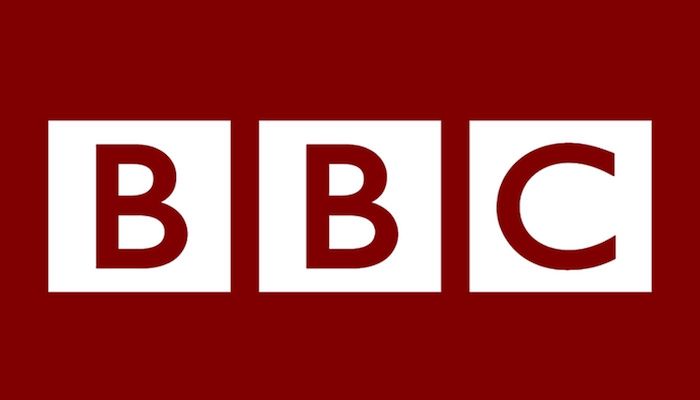The £100M will come from the BBC’s pre-existing budget and be allocated to a range of content and genres. It will also support the company’s Diversity Code of Practice and commit to two of three priorities with every production:
diverse stories and portrayals on-screen, diverse production teams and talent, and/or diverse-led production companies.
The BBC said in a statement:
Advertisement
With this umbrella pledge, the BBC will also be committing to smaller diversity-focused projects, from the Belonging Blueprint initiative to a “comprehensive diverse digital database” of industry talent. The company will report its progress on these inclusion initiatives on its Annual Report every year going forward.
Sparked by Current Events
These changes come on the heels of two U.K. entertainment industry petitions – one a more general petition, and another specifically spearheaded by the Black, Asian and Minority Ethnic Task Force. Together the two petitions have nearly 5,000 signatures, with many big-name celebrities also signing on their endorsement. The U.K. entertainment industry has come under scrutiny as of late, particularly by Steve McQueen, who released a damning op-ed on its racist inner workings. In it, McQueen talks about the stark racial contrasts that still exist in British productions – even when compared to those within the American film industry. He urges for tangible systemic change to occur, beyond just positive lip service. The worldwide anti-racist and anti-police brutality movements have been a catalyst, as well. Since the tragic killing of George Floyd in Minneapolis back on May 25, protests have sprung up around the world with a focus on protecting Black, brown, and other marginalized populations from institutionalized racism and violence. Governments and corporations have used this society-wide moral reckoning to look inwards on their own internal structures and to reform as necessary. “The senseless killing of George Floyd — and what it tells us about the stain of systemic racism — has had a profound impact on all of us,” said Tony Hall, the BBC’s director general. “It’s made us question ourselves about what more we can do to help tackle racism — and drive inclusion within our organization and in society as a whole. This is our response – it’s going to drive change in what we make and who makes it.” Charlotte Moore, the BBC’s director of content, remarked upon McQueen’s comments in particular:
A Commitment to the Future
Part of this commitment to inclusivity will be led by the BBC’s Creative Diversity Unit, helmed by June Sarpong. Sarpong considers herself an “outsider” who can capably guide the BBC towards a more diverse environment. “[The Creative Diversity Unit] will also create a strong framework to help diverse storytellers succeed at all levels of the industry,” said Sarpong. “As a black woman, I feel and share in the pain that so many are feeling worldwide. It makes it all the more important that we show up now not just with words but with meaningful action.” Sarpong and the Creative Diversity Unit plan to release a “diversity commissioning code of practice” later in the summer. Leave your thoughts on the BBC committing £100M ($124M) towards inclusivity and a 20% minimum diversity requirement over the next few years (via Deadline, Variety, and IndieWire) and this article below and in the comments section. Readers seeking to support this type of content can visit our Patreon Page and become one of FilmBook’s patrons. Readers seeking more movie casting can visit our Movie Casting Page. Want up-to-the-minute notifications? FilmBook staff members publish articles by Email, Twitter, Instagram, Tumblr, and Flipboard.
Advertisement
